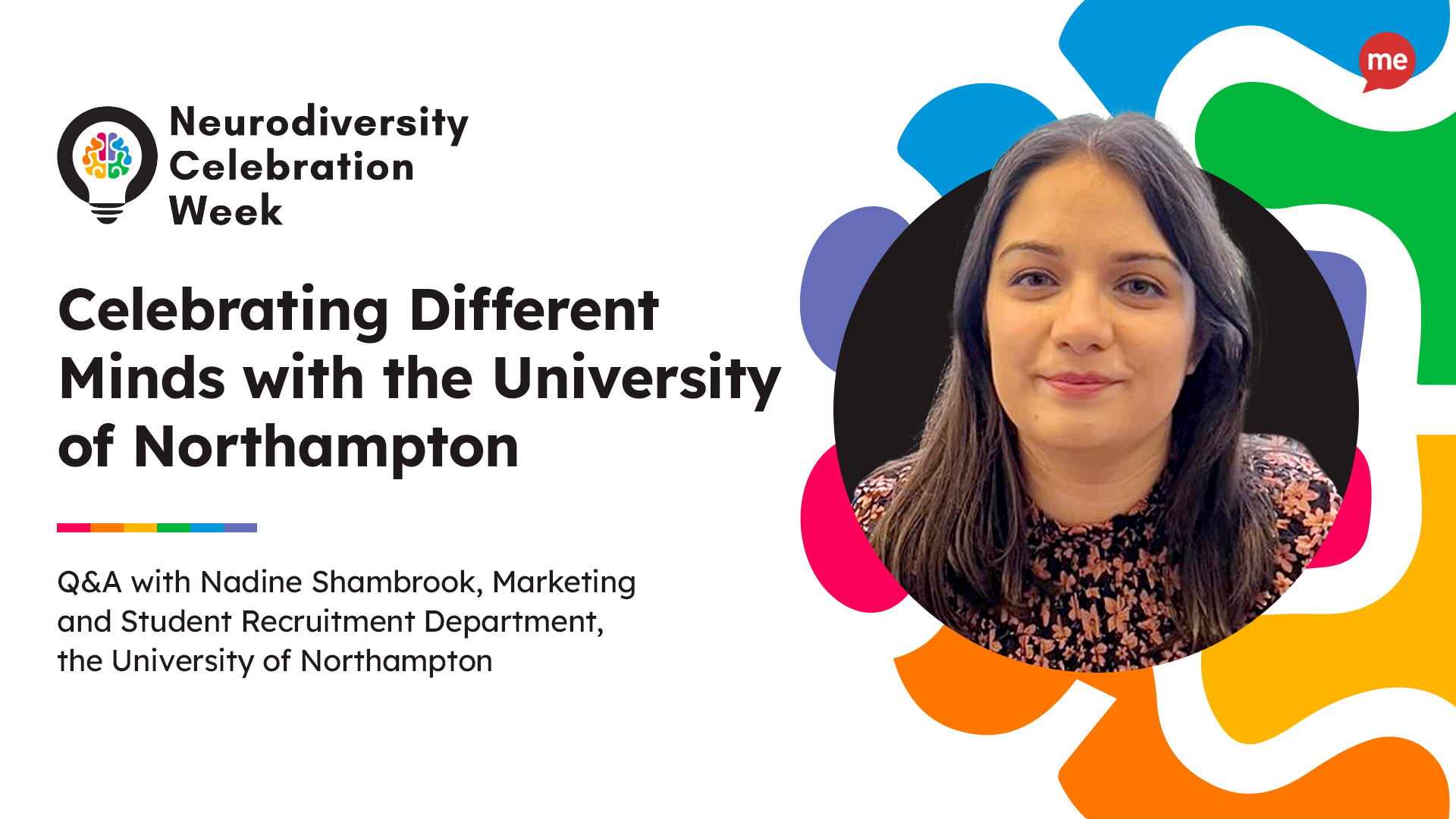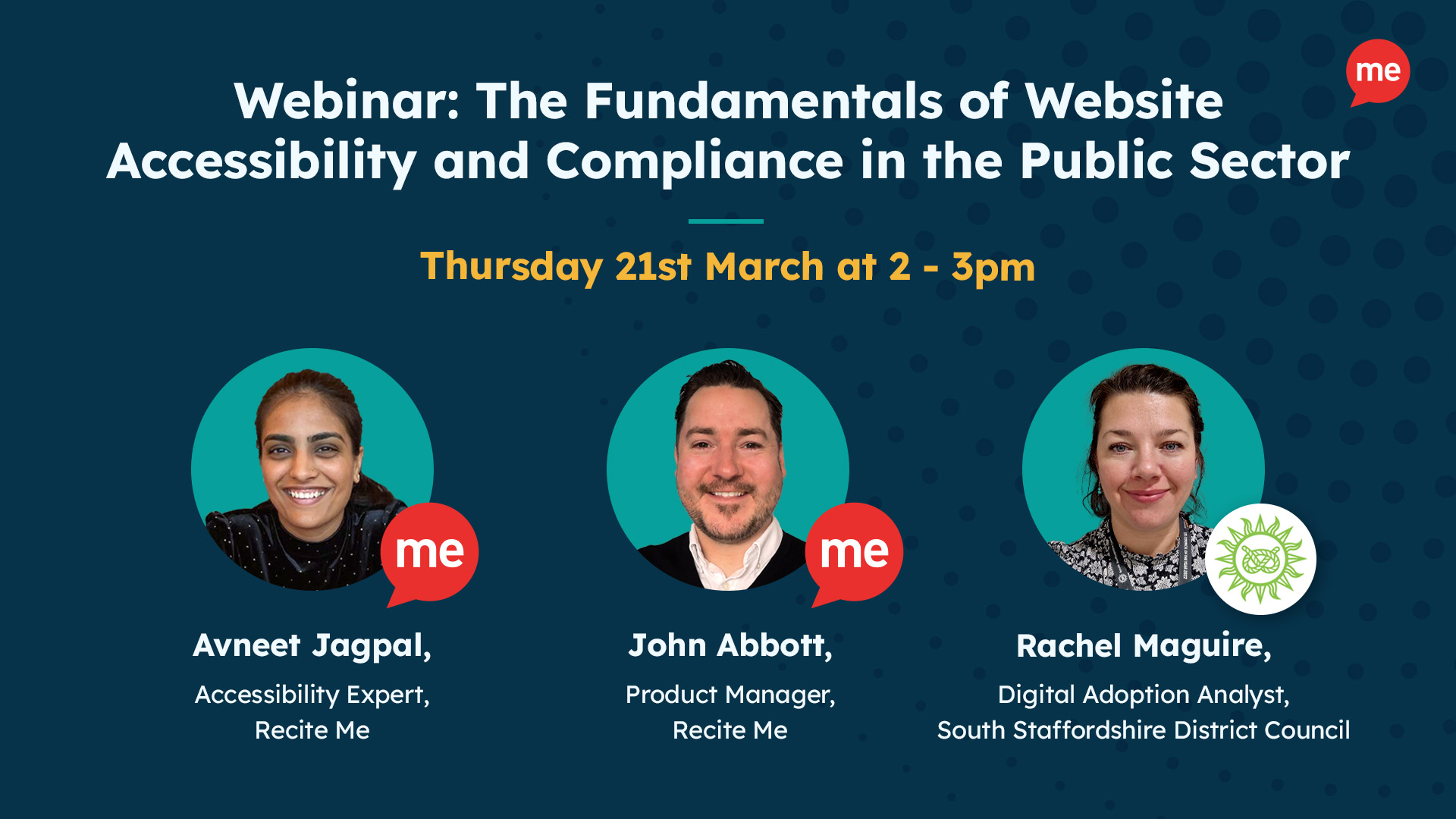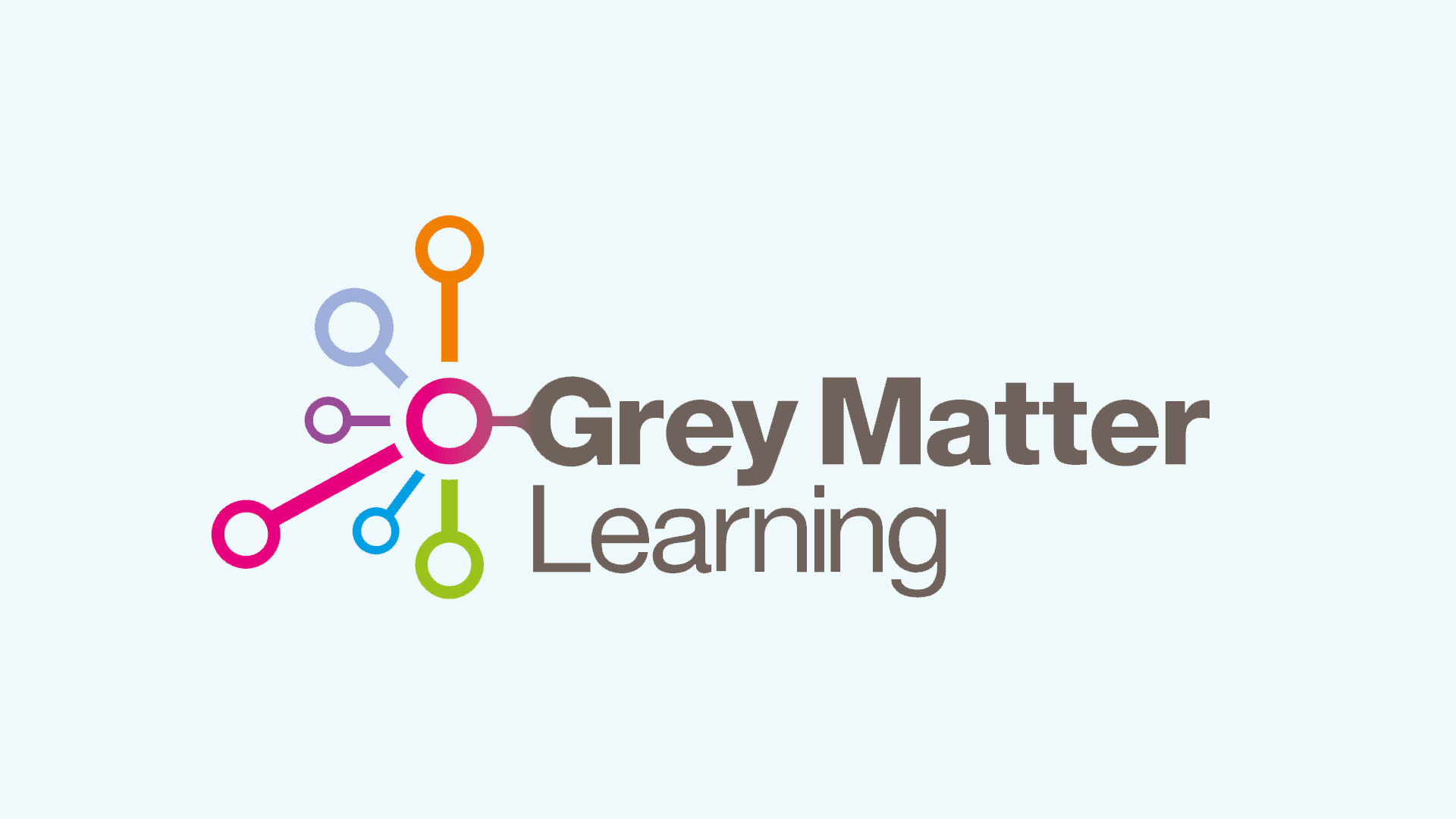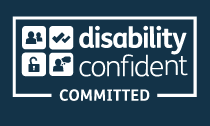On 15 July, Recite Me will be supporting World Youth Skills Day, the key aim of which is to draw attention to the importance of equipping young people with the skills they need to gain employment. This is something that Recite Me is incredibly passionate about, especially when it comes to supporting those in the youth sector who struggle with disabilities. Yet even without considering the additional issues faced by those with learning difficulties, visual impairments, and physical disadvantages, the youth sector is already facing an uphill battle…
The Youth of Today
Young people play a vital role in our society both in terms of general development and the economy, and the students of today are the workforce of tomorrow. Yet, while the youth population grew by 139 million in the two-decade period between 1997 and 2017, the youth labour force shrank by a staggering 58.7 million. This is very concerning, especially in the current climate where the challenges that face us as a society are constantly evolving.
In post-COVID-19 economies, young people are likely to be the sector most called upon to contribute to recovery efforts. To do so, they will need to be equipped with the knowledge and skills they need to address current issues and confront future disruptions. So rising youth unemployment is a significant issue for all societies in the modern world:
- In 2016 there were 259 million young people not in employment, education, or training.
- By 2019 that number rose to 267 million and is projected to rise further to 273 million by 2021.
- Prior to the COVID-19 pandemic, young people were already three times as likely as adults (25 years and older) to be unemployed.
- Currently, more than 1 in 6 young people are unemployed.
Learning Barriers
In order to gain the skills, training, and knowledge they need to succeed, young people need adequate education. Even before COVID-19, distance learning had already become a common way to access education and skills training, and now with 70% of the world’s learners affected by school, college, and university closures, this trend is set to continue.
“The interest in distance learning has been growing, but the real boom is still ahead. In the coming years, the education market will adapt to the needs of people born in the digital age, with an emphasis on technology.”
John Unger (an author who specialises in education, business, and innovation)
However, simply providing the resources for online learning does not make education accessible when you consider that:
- Approximately 19 million children worldwide suffer from a vision impairment that affects their ability to access online materials.
- In the US, approximately one in six children (about 17%) aged between 3 and 17 has one or more developmental disabilities.
- In the UK, there are approximately 351,000 people under 17 with a learning disability.
- One in every five children has attention issues.
- At least 10% of all school children are dyslexic.
- Many students learn in a second language. A recent audit of universities in the UK discovered that around 20% of all attendees are international students.
Of course, these statistics only include data that is known to the authorities, and in early childhood only severe disabilities are likely to be apparent.
Taking dyslexia as a specific example, a recent study has suggested that schools could be failing to diagnose up to 80% of cases, and many children who struggle in their formative years are just dismissed as being “slow learners”.
This was certainly the case for our founder and CEO, Ross Linnett, who did not discover he was dyslexic until he was 22 and already a university graduate. It wasn’t until a close friend with experience of dyslexia suggested that he might have the condition that Ross was diagnosed and provided with assistive technology. It was helpful but limiting, mainly because it was based on access to just one computer. Hence the idea for Recite Me was born…
Assistive Technology as a Learning Aid
Ross founded Recite Me when he realized that traditional assistive technology wasn’t helping him access the web as effectively as it should be in today’s digital age. He created the company with a clear vision that cloud-based software was the future for people who use multiple devices such as smartphones, tablets, and desktop computers. He asserted that if cloud-based solutions make sense for sharing files (e.g. Dropbox) and listening to music (e.g. Spotify), then this should also be the case for assistive technology.
Recite Me is now a global enterprise SaaS company with clients across the UK, Europe, Australia, and America. Our unique assistive toolbar is an accessibility solution that allows users to customise a website in the way that works best for them, and in doing so compensates for a broad spectrum of barriers including:
- Visual impairments
- Deafblindness
- Colour blindness
- Dyslexia
- Hyperlexia
- Dyspraxia
- ADHD
- Speaking English as a second language
- Epilepsy
- Mobility and physical impairments
A Message to Educators
Access to education and skills training is vital in order to achieve economic growth and personal success, and at Recite Me we believe that children need to be supported from a young age to adequately prepare them for adult life and employment. Every stage of education should be inclusive, and all students need to be able to easily access information online. To that end, we already work with some incredible children’s organisations and educational institutions, including:
- Just 4 Children
- Children in Scotland
- International Schools Partnership
- Multiple universities, colleges, and student union bodies across the UK
- Children and Adult Disability and Educational Services (CADES) in the USA
We encourage all businesses and institutions in the education and training sector to join us in helping young learners, and in doing so play their part in shaping our culture, society, and economy for the better. By working together to improve access to skills and education we can make a real difference, and in providing assistive technology, organisations can become truly accessible to students with disabilities, learning difficulties, visual impairments, and those who speak English as a second language.
“We wanted to make sure our website was accessible to as many people as possible. There are so many different features on the Recite Me toolbar that it covers everything from an accessibility and language perspective. The team at Recite Me are very proud and passionate about their software and have been great to work with.”
Amy Simpson, Head of Digital Communications, Cranfield University
We invite you to read some of our case studies, and if you’d like to see more you can book a demo of the Recite Me assistive toolbar by contacting our team.
You can also test out our website accessibility checker free today at Recite Me.






